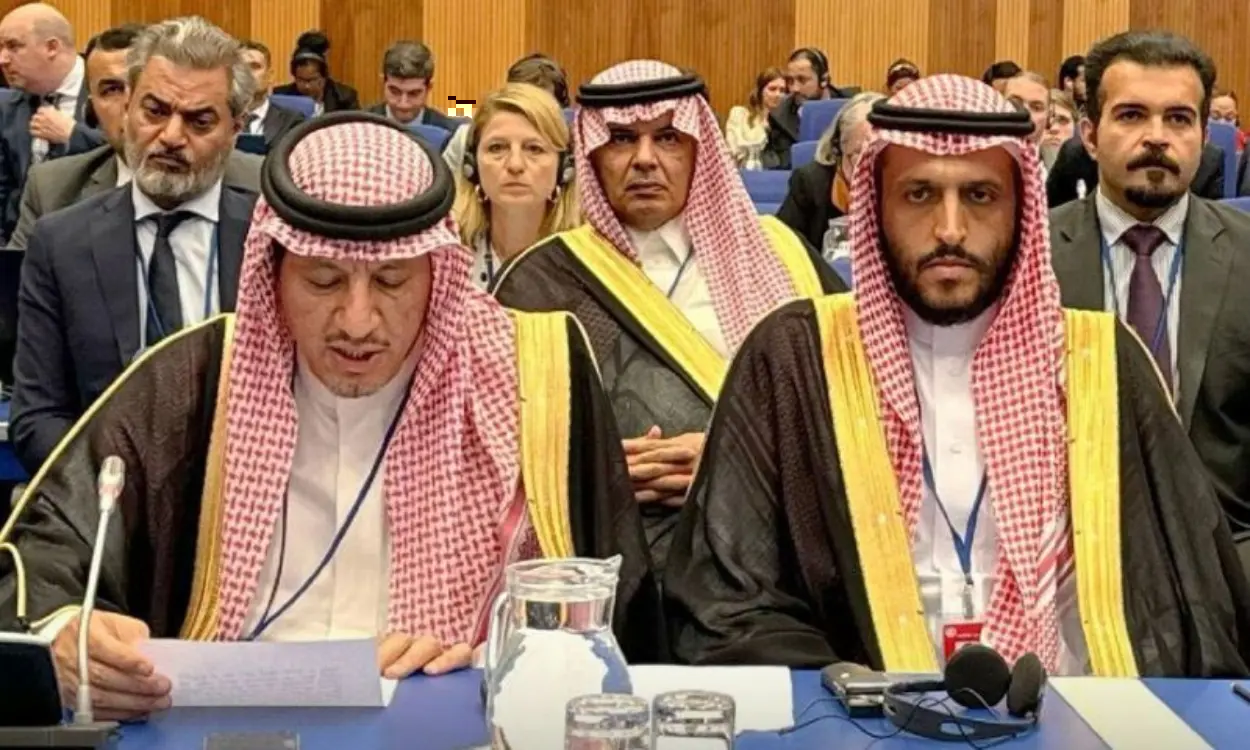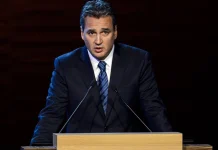Hosting the FIFA World Cup has reached its pinnacle of becoming one of the most awaited international events today, gaining millions of fans, athletes, and media attention across the globe. In light of the recent news that Saudi Arabia has won the right to host the 2034 World Cup, questions arise about whether this country is appropriate to host the event.
Among these problems are the issues related to corruption in the political and economic sectors of Saudi Arabia, which should raise valid questions about the transparent and fair management of World Cup funds and logistics for the successful holding of the event.
Corruption Risks in Saudi Arabia:
Under Vision 2030, Saudi Arabia has been able to achieve much in terms of economic and infrastructure modernization. The effort promises to turn this country into the world’s tourist, business, and sports hub. However, apart from the above-mentioned efforts, the nation’s political and economic systems are still relatively transparent, and corruption fears still haunt it. In reflecting this serious and continuous failure to strengthen positions, Transparency International’s Corruption Perceptions Index relates to the serious and continuous failure to improve ranking. Saudi Arabia ranks 54th out of 180 countries in Transparency International’s Corruption Perceptions Index, indicating moderate corruption risks in its political and economic sectors.
Threats Posed by Proper Management of Finances to the World Cup
In and of itself, managing all the money that has to go into funding the World Cup is a challenging task in hand, involving tens of billions of dollars for stadium construction, infrastructure development, tourism facilities, and security measures. The host countries are expected to stick by highly strict guidelines that ensure funds are fairly and efficaciously used to increase the fan experience and support the integrity of the event. But on Saudi Arabia’s part, the large scale of state-led projects raises suspicion that resources may not be evenly distributed as they should be in support of fair practice. Saudi Arabia has allocated over $1.5 trillion for its Vision 2030 projects
Infrastructure and Logistics Challenges
Organizing the World Cup is a massive financial investment but also a logistical one. Preparing for Saudi Arabia to host the World Cup would mean new stadiums, transportation network improvement, and increased hospitality infrastructure. However, the country has the financial muscles to execute all these projects, but there are issues of corruption in contracting and delivering them which may compromise the delivery within the time and quality demands for infrastructure.
Countries characterized by high levels of corruption are also driven by cronyism and nepotism, where contracts are tendered through connections without merit. This means that the quality of construction, safety, and sustainability of the World Cup structures could be at risk. If unqualified bidders win, these developments may end up being shoddy and services rendered abysmal.
Economic and Long Term Consequences
Economic impact The World Cup can be a bittersweet booby trap to host. In the short term, it may boost tourism, hospitality, and local businesses, but, in the long term, wealth creation may end up benefitting elite groups rather than the broader economy in general. Saudi Arabia’s economic system is that of high concentration of wealth among elite groups, thereby increasing the danger of the financial gains from the World Cup not trickling down to the average citizen.
Rather than contributing to general economic growth, the tournament might worsen the inequality of wealth, making the few recipients richer while leaving the majority poorer. Such an outcome would not only be at variance with the positive use of the money to be spent on the World Cup but would also leave a bad legacy for FIFA-when it has promised to use sports as an instrument for economic and social development.
Reputation of and Values by FIFA
Hosting the World Cup in Saudi Arabia presents another reflection on FIFA’s values and commitment to transparency and fairness. After having endured previous controversies, for example, allegations of corruption over the awarding of hosting rights to the 2018 and 2022 World Cup, FIFA has definitely undertaken decisive steps toward greater clarity and restoration of its image in international sport.Studies show that countries with high corruption levels experience a loss of up to 1% of their GDP annually due to corruption, potentially impacting Saudi Arabia’s broader economic goals surrounding the World Cup
It would be a step backward from where this progress is hard-earned if this cup were to be given to a country that is considered to have several high risks of corruption, as it broaches the question of the integrity that FIFA’s selection process should demonstrate and whether or not one can truly believe in the fair play shown on the field and off it.
Social and Cultural Challenges
Social issues in Saudi Arabia, which are not directly linked to corruption issues, add another more complex dimension that makes the country not a place for the World Cup. Critics suffered when stating human rights issues mainly dealing with gender disparities, freedom of speech, and LGBTQ+ rights.
Being a global organization, FIFA has promoted values of inclusiveness, equality, and respect; host countries therefore must respect these principles. Hosting the World Cup in a country whose social policies are against these values may bring pressure to players, fans, and officials while executing their work, and hence, their success and enthusiasm during the event may be affected.
Conclusion
Given Saudi Arabia’s ambitions and wealth of resources, fears associated with its level of corruption, and effective management in the allocation of funds would be a huge risk to the successful hosting of the FIFA World Cup 2034. Therefore, transparency and integrity are fundamental for such an event as this one, and any slight drawback may tarnish the reputation of FIFA and the host country. Only then can Saudi Arabia and FIFA make World Cup 2034 a celebration of this great game which will unite all fans across the globe with integrity intact.













